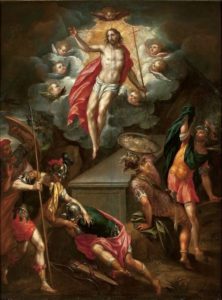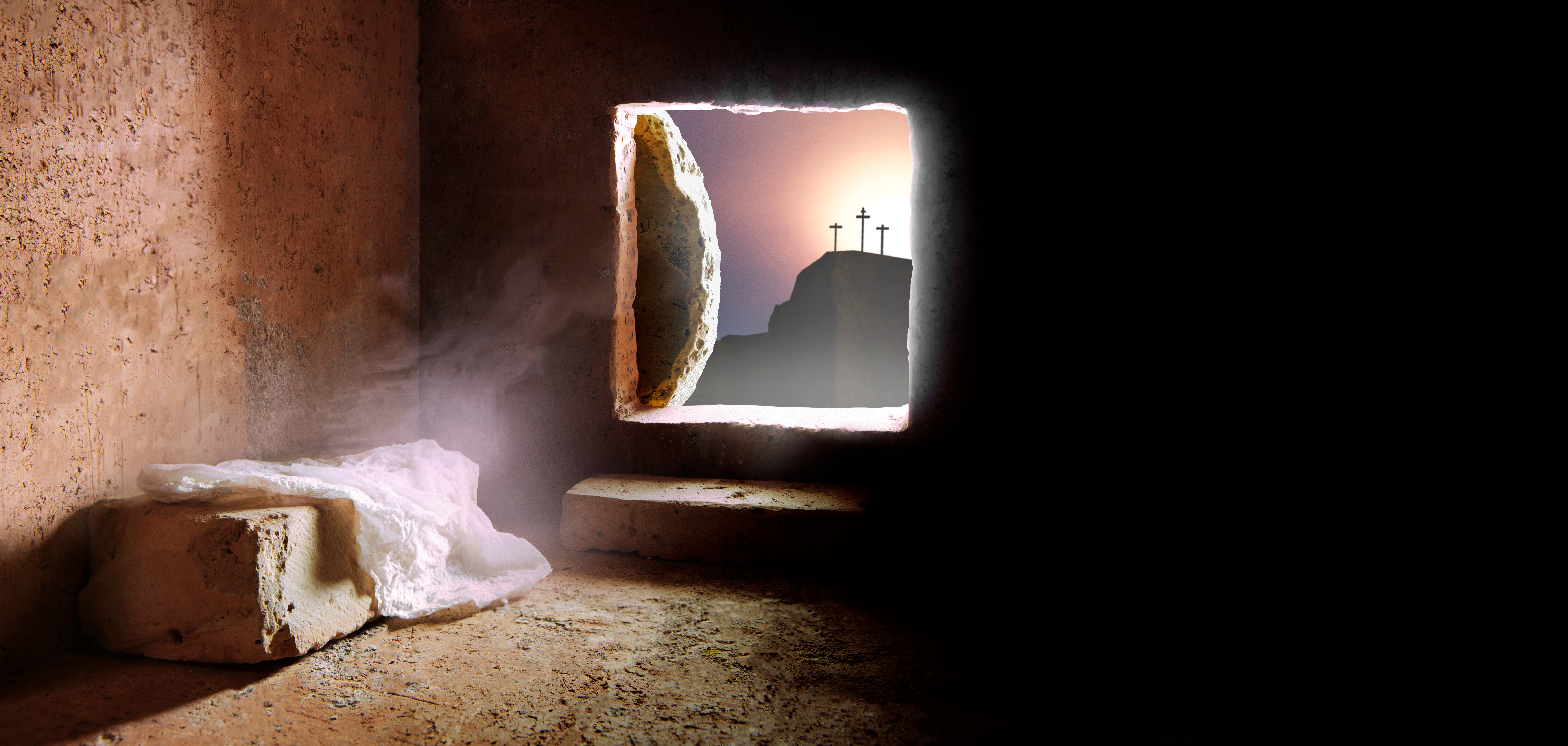“But now this day is his day of victory … the gate of the Church opens for us the gate of Paradise.”
–St. Jerome
 Christians first celebrated the liturgy in Aramaic. But it was soon rendered into Greek, and into Coptic, and into Latin. Some words, however, were so pure and so sacred that they were never translated. Amen is one. Alleluia is another.
Christians first celebrated the liturgy in Aramaic. But it was soon rendered into Greek, and into Coptic, and into Latin. Some words, however, were so pure and so sacred that they were never translated. Amen is one. Alleluia is another.
These words have cascaded down the centuries and millennia. They’re like jewels set in the gold of many languages. They stand by themselves as interjections and aspirations. They are single words that express volumes.
Amen is always in season. It expresses agreement, consent, confirmation. It’s a “yes” that seals every prayer.
Alleluia means “Praise the Lord!” and it rings throughout the year — except during Lent. It’s not that the Church wants us to stop praising God during that time. Not at all. We suppress Alleluia because, long before the coming of Christ, that word belonged especially to the Paschal Season — the season of Passover.
In the course of the Passover meal (called the seder) it was customary to recite Psalms 113–118 and 136. All of these are notable for their use of the word Hallelujah, and so they are called the Hallel Psalms. The last, Psalm 136, is known as the Great Hallel. This was probably the “hymn” that Jesus and the Apostles sang as they concluded the Last Supper (Mark 14:26).
He was aware of the pains he was about to suffer. He knew his death was imminent. He felt it so deeply that he begged the Father to let the cup of suffering pass.
But he knew also that he was laying down his life for love’s sake, and so he could sing his song of praise: Alleluia!
He knew furthermore that, beyond his death he would rise; and the world would celebrate the feast forever with joy. They would praise the Lord and raise their Alleluia.
In the fifth century the great Bible scholar St. Jerome said on Easter: “I cannot put in words the thoughts of my mind, and my tongue cannot express the joy of my heart … This day seems brighter than others to me. The sun shines brighter on the world, the stars and all the elements rejoice. At the death of Christ they had ceased to shed their light and had gone into hiding. They could not look on their Creator crucified. But now this day is his day of victory … the gate of the Church opens for us the gate of Paradise.”
We are witnesses to this, like St. Peter in the first reading at Easter Mass. Because we join him at that Mass we are “the witnesses chosen by God in advance, who ate and drank with him after he rose from the dead.”
We have every reason to praise the Lord — and to sing with him the word so long suppressed. Alleluia!

